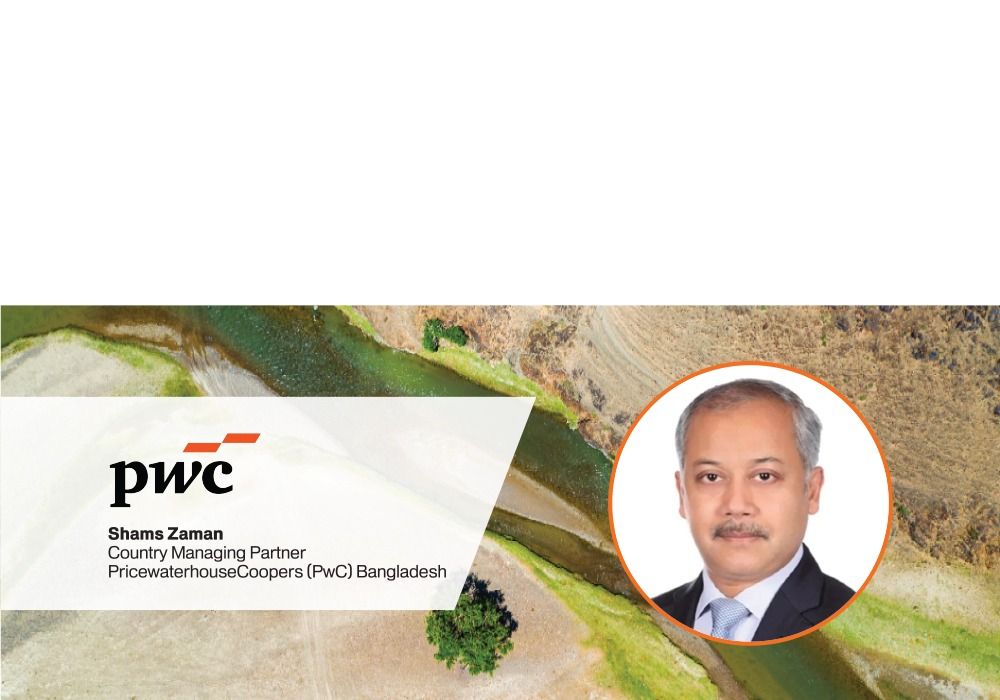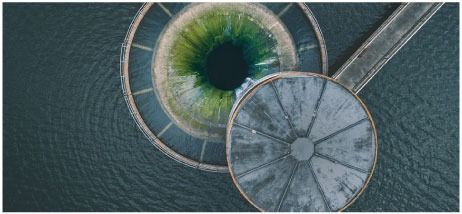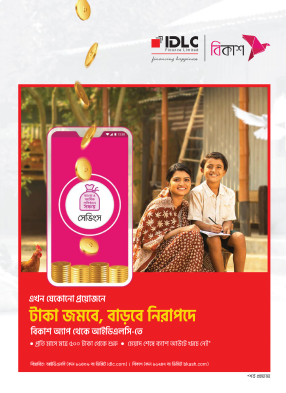- info@ficci.org.bd
- |
- +880248814801, +880248814802
- Contact Us
- |
- Become a Member
- |
- |
- |
- |
- |

Bangladesh's performance on the Sustainable Development Goals (SDGs) is diverse, marked by notable progress in areas such as poverty reduction, access to clean drinking water and sanitation, while facing persistent challenges in others. Currently, the country ranks 114th out of 167 countries on the SDG Index. As of 2025, 18% of the SDG targets are on track which is an improvement from 15% in 2023. This compares to 17% of targets on track across the Asia-Pacific region.
Recent sources show that the country is performing relatively well in advancing the SDGs compared to regional and global averages. Bangladesh has made progress on 31% of the 248 monitoring indicators, outperforming many countries in the Asia-Pacific. The country has shown above-average progress on SDG 4 (Quality Education) and SDG 7 (Affordable and Clean Energy).
Bangladesh is particularly strong in areas such as poverty reduction, quality education, clean energy, and gender equality, with 22% of targets on track. However, challenges continue in environmental sustainability, climate resilience, and healthcare. Despite ongoing development efforts, projections suggest that Bangladesh may not fully achieve the SDGs until 2045.

A Balanced Overview of Bangladesh: The Positive, the Negative, and What's Lacking
According to recent data, the Voluntary National Review (VNR) highlights Bangladesh's progress in poverty reduction, hunger alleviation, child mortality, gender equality in education, electricity access, manufacturing, and social protection funding. Key initiatives include SDG Action Plan, SDG Tracker, financing strategies, and institutional frameworks for data and implementation.
However, assessing progress stays difficult due to limitations in official reporting mechanisms. The SDG Tracker reports progress in only 8 of the 39 targets adopted as national priorities. On the other hand, 4 of these targets are off track, such as increasing female labor force participation to 50%, achieving 10% annual GDP growth, reducing unemployment below 3%, and increasing manufacturing employment to 25%. Only the target on reducing deaths from natural disasters is currently on track.
Bangladesh SDG Update 2025: Priorities and Challenges
To achieve the SDGs, Bangladesh must overcome a number of complex challenges, including financial constraints, ineffective policy implementation, lack of interdepartmental coordination, limited research funding, a shortage of skilled labor, and lack of information availability and so on.
Building upon successful programs such as the "Skills for Employment Investment Program" and the "Employment Generation Program for the Poorest", the report recommends further investment in income-generating activities for the poor, while simultaneously addressing systemic deficiencies and vulnerabilities.
 At the same time, it is crucial to consider potential trade-offs and mitigation strategies. For example, development interventions may strain water resources, increase pressure on conservation efforts, and degrade natural habitats and biodiversity. According to the SDG Insights report, poverty-eradication policies must also promote accountable use of natural resources and develop biodiversityresilient sustainable urbanization.
At the same time, it is crucial to consider potential trade-offs and mitigation strategies. For example, development interventions may strain water resources, increase pressure on conservation efforts, and degrade natural habitats and biodiversity. According to the SDG Insights report, poverty-eradication policies must also promote accountable use of natural resources and develop biodiversityresilient sustainable urbanization.
Bangladesh's economic growth has contributed to improvements in socioeconomic indicators and macro economic stability. Sustaining this momentum will be key to achieving goals such as poverty eradication, improved health outcomes, energy efficiency, and technological modernization.

The Next Significant Challenge: From Commitment to Action
Bangladesh has expressed a strong commitment to Agenda 2030 and the SDGs, reaffirmed during the SDG Summit held in September 2023. At the summit, the country reinforced commitment to accelerate SDG transformation in the following areas:
1. Social protection and jobs
2. Essential services and education reform
3. Universal access to energy and a shift toward renewable sources
4. Food security, water supply, and sanitation systems
5. Digital transformation
6. Biodiversity and environmental protection
7. Gender equality
8. Disaster risk reduction
Bangladesh also committed to strengthening institutional arrangements in:
1. Developing data Ecosystems for monitoring and reporting
2. Skill development in public sector for implementation
3. Addressing funds and mechanisms
4. Raising awareness and creating localization plans
In conclusion, Bangladesh must act swiftly to implement the necessary reforms that will advance Agenda 2030 and the SDGs. Accelerating sustainable development is essential to ensure inclusive progress and prosperity for all.





